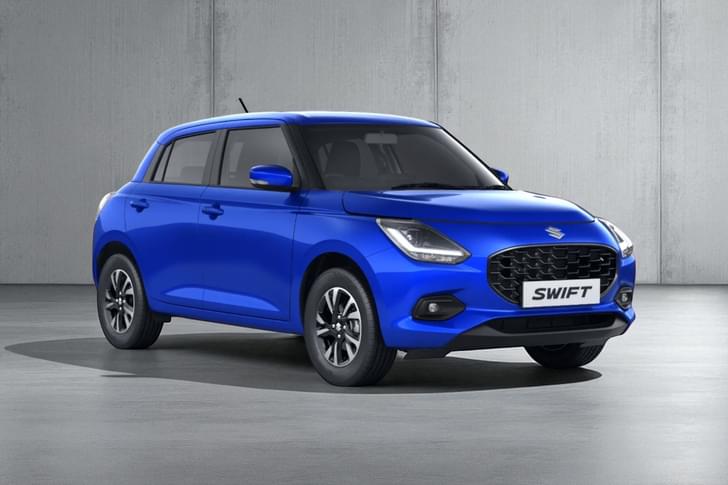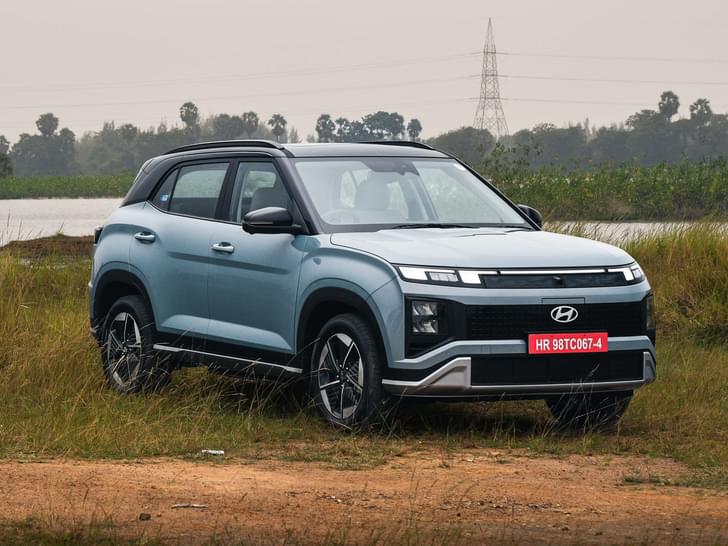The Grand i10 Nios is one of the few hatchbacks in its segment that’s made a transition into the BS6 era with petrol as well as diesel offerings. And while the mileage figures for the petrol powertrains were already known, we’ve now got our hands on the fuel economy stats for the BS6-compliant oil-burner. The 1.2-litre diesel engine delivers an ARAI-rated mileage of 25.1kpl with the 5-speed manual transmission.
When Hyundai launched the Nios last year, it came with a BS6-compliant petrol mill and a BS4 diesel unit. With stringent emission regulations coming into effect from April 1 this year, the diesel recently made the switch to greener technology which saw the fuel efficiency figure drop by 1.1kpl for the manual variants. Inclusion of exhaust after-treatment systems like an LNT (Lean NOx Trap) and DPF (Diesel Particulate Filter) has allowed the automaker to meet the tighter emissions regulations, but it has also brought down the mileage claims.
At 75hp and 190Nm, there has been no change in the power and torque outputs. A rather novel offering on the Nios is the option of an AMT automatic transmission paired to the same 1.2-litre diesel.
Now let’s take a look at how the BS6 Nios diesel stacks up against rivals.
The move to BS6 has culled the herd of midsized diesel hatchbacks and has most notably resulted in the demise of the Maruti Suzuki Swift 1.3 diesel. The Nios now mainly faces competition from the Figo diesel which was upgraded to the latest regulations recently.
With a displacement of 1.5-litre, the Ford packs in a considerably larger oil-burner compared to the Hyundai. An extra cylinder gives the Figo a power and torque advantage of 25hp and 25Nm, respectively, over its rival. However, at 24.4kpl the American hatch loses out to the Korean offering, if only by 0.7kpl. Notably, the switch to BS6 saw fuel economy claims of the Figo diesel drop from 25.5kpl to the current 24.4kpl. Another area where the Ford concedes a point to the Hyundai is the lack of an automatic transmission option in its range.
At a starting price of Rs 6.75 lakh, the Nios diesel manages to undercut the Figo by Rs 11,000. The Ford, on the other hand, comes across as the more economical package in the top-end trim at Rs 7.85 lakh, beating the Hyundai by Rs 19,000. Interestingly, both the diesel offerings miss out on the entry-level trims that their petrol counterparts are available with.
Despite the shift to BS6, Hyundai has managed to contain costs and keep the markup between petrol and diesel offerings to a reasonable level. It remains bullish over the demand for diesels, especially in a market where many automakers are no longer playing in this space. Ford seems to be sticking to a similar strategy as well.





































